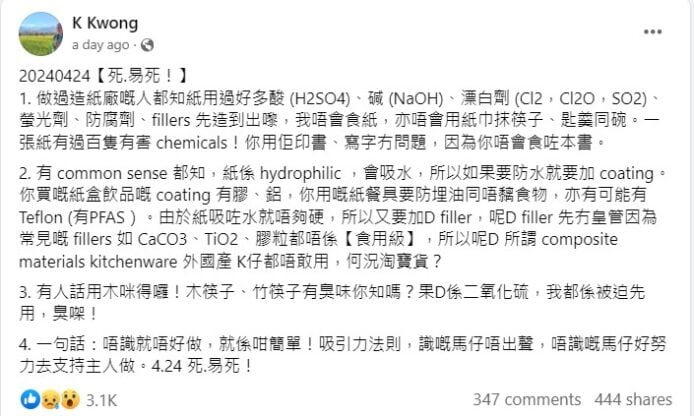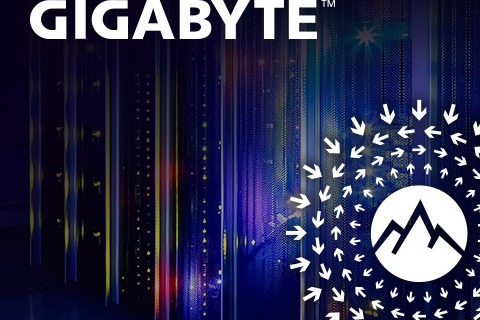今天遇到一个需求:用户传递一个字符串过来,跟当前的时间拼在一起取哈希值,作为唯一标识。
举个例子,假如用户传递的字符串是abc,当前时间是123,我们来看看标准答案:
$ echo -n 'abc123' | shasum -a 256 6ca13d52ca70c883e0f0bb101e425a89e8624de51db2d2392593af6a84118090看起来很简单,就写了下面这段测试代码:
pragma solidity ^0.4.24; contract Sha256Test { uint256 time = 123; event hashResult(bytes32); function calcSha256(string input) public { bytes32 id = sha256(input, time); emit hashResult(id); } }我们来运行一下:

嗯哼?结果好像不太对?于是取查了一下Solidity的文档,有这么一段描述:
sha256(...) returns (bytes32) :
compute the SHA-256 hash of the (tightly packed) arguments
keccak256(...) returns (bytes32) :
compute the Ethereum-SHA-3 (Keccak-256) hash of the (tightly packed) arguments
In the above, “tightly packed” means that the arguments are concatenated without padding. This means that the following are all identical:
keccak256("ab", "c") keccak256("abc") keccak256(0x616263) keccak256(6382179) keccak256(97, 98, 99)我们想计算abc123的哈希,实际上就是要计算0x616263313233的哈希,而上面的代码计算的则是0x6162637B的哈希(123=0x7B)。
知道了问题所在,也就好解决了,把时间转换成对应的ASCII码不就行了:
pragma solidity ^0.4.24; contract Sha256Test { uint256 time = 123; event hashResult(bytes32); function calcSha256(string input) public { bytes32 id = sha256(input, toAscii(time)); emit hashResult(id); } function toAscii(uint256 x) private pure returns (string) { bytes memory b = new bytes(32); for(uint256 i = 0; x > 0; i++) { b[i] = byte((x % 10) + 0x30); x /= 10; } bytes memory r = new bytes(i--); for(uint j = 0; j < r.length; j++) { r[j] = b[i--]; } return string(r); } }我们再来运行一下:

这回结果就对了,perfect~~
另外,如果你想测试其他的哈希算法比如keccak256,推荐用下面的网站验证结果,非常全:
http://emn178.github.io/online-tools/
更多文章欢迎关注“鑫鑫点灯”专栏: https://blog.csdn.net/turkeycock
或关注飞久微信公众号:
















